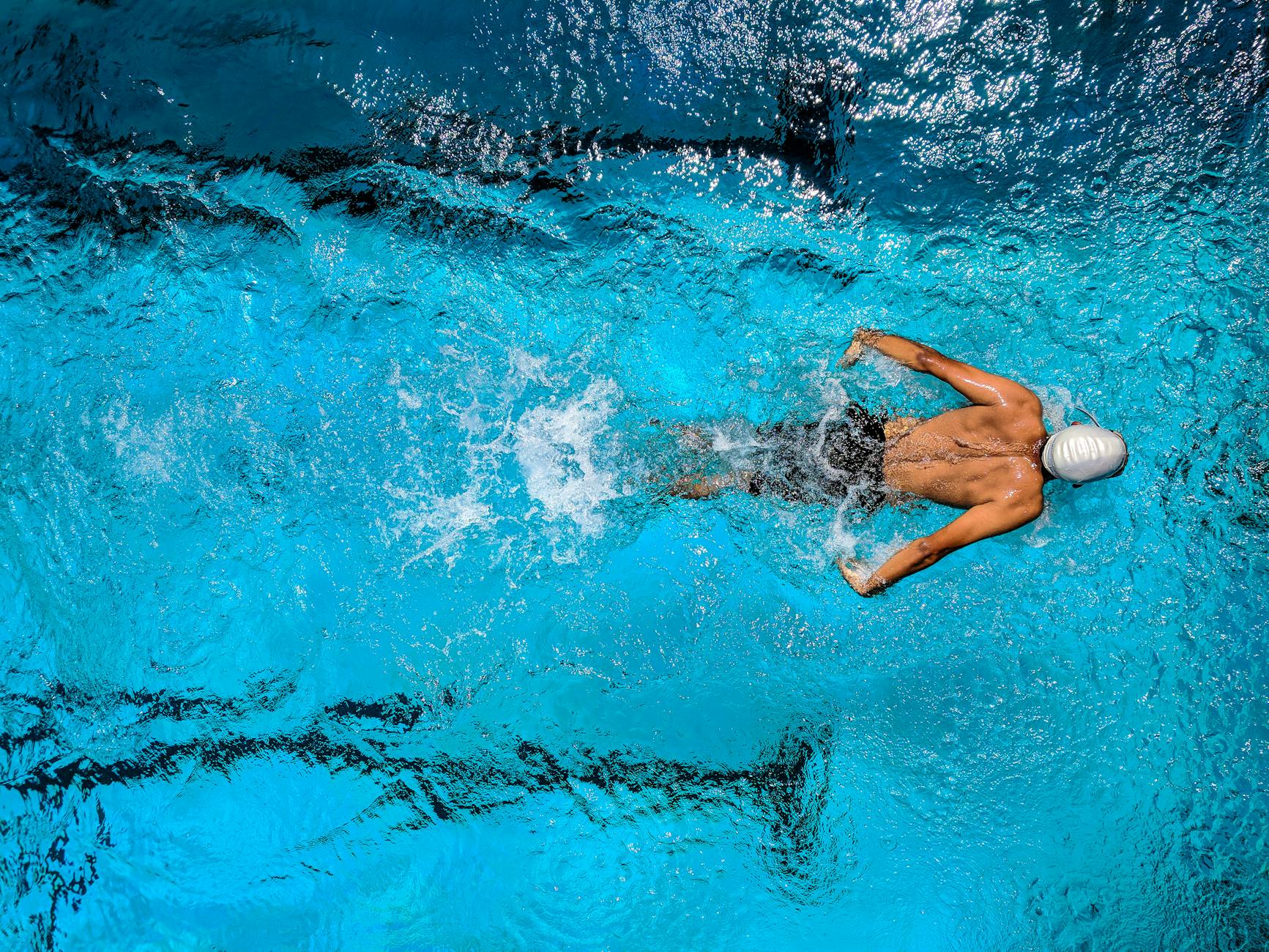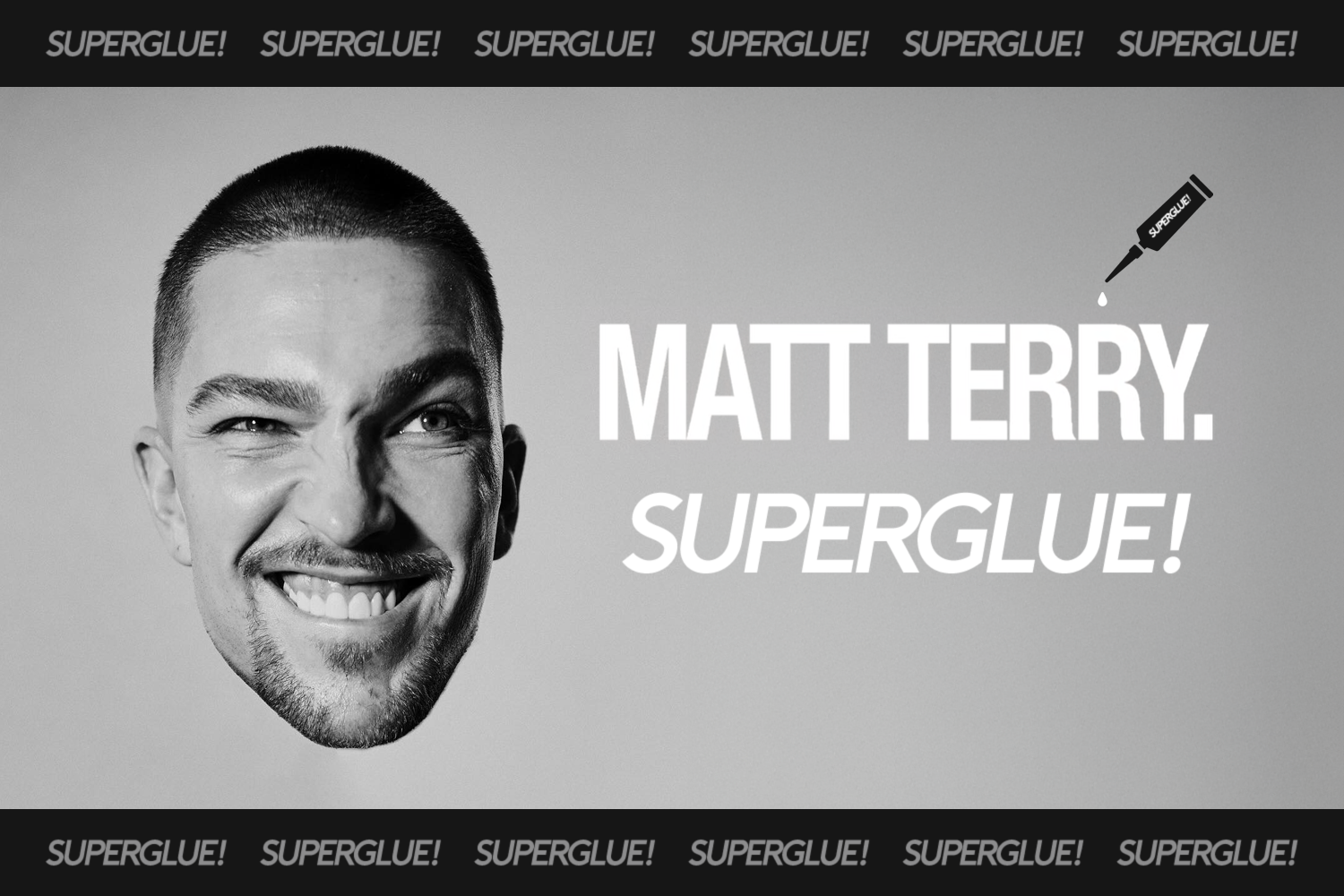Athletes train for several years to read places, anticipate opponents’ movements and make decisions for split-second. You would think it would make them good at predicting results. But in many cases they are not.
Predicting what will happen differs from knowing how to act at the moment. Forecasts require management of uncertainty, bias and lots of data. When athletes go out of playing and in prediction their edge is often weakened.
What and why for forecasts toward performing
When an athlete is in the field, the success depends on reaction, instinct shaped by repetition, muscle memory and exercise under pressure. Forecast, on the other hand, asks for assessments of unknown future events under uncertainty. It does not really allow the immediate and the feedback loop is used to.
Research supports this gap. A study measured the predictive accuracy for outcome models for team sports and found that statistical or machine learning models performed much better than predictions based on human assessment alone.
A paper in the SAR magazine reported that prediction models for team sports tend to have about 70% accuracy, sometimes between 60 and 80%, depending on how well of domain knowledge is coded in the functions. (Eg home advantage, recent form, injuries etc.)
Another new study used physiological, psychological and exercise data to build hybrid models that predict athletic performance. These models surpass simpler sports -based forecasts because they collect many signals rather than rely on a single experience.
Cognitive prejudices athletes bring forecasts
Even when athletes try to predict, several prejudices work against them:
- Transfer: The belief that their experience gives them special insight; They can underestimate how much invisible factors matter.
- Requency bias: New victories or failures are great in their minds and press them to overreact.
- Confirmation shift: If they expect a particular team or play style to succeed, they are looking for evidence that supports it, ignoring opposite signs.
Philip Tetlock’s work in expert policy assessment and later in the Good assessment project shows that many experts (including those with domain knowledge) tend to be just slightly better than the chance of long -term or uncertain forecasts.
Superforescasters, who deliberately reduce bias and test their predictions, tend to surpass domain experts who mainly rely on experience.
Why analytical models and experts often strike athletes predicts
Analysts use large data methods: past performance, statistics, context (weather, place, opponent) and often probability methods. Models can study thousands of instances, compare many features, test what works and discard what does not.
For example, in a study comparing statistical models versus experts of NFL games, certain models performed just as well or better than experts in predicting winners. Experts often made worse when the match had many uncertain or changed variables.
Another model that looked at team sports forecasts in the latest literature found accuracy about 70% if the model uses quality inputs, but performance drops whether domain knowledge is weak or has missing features.
Real world case: athletes, analysts and tipsters
In many sports broadcasts, former athletes are encouraged to predict match results. These are often narrative based, influenced by what they have lived and known.
At the same time, models based on data or gaming markets often show more accurate over time. There is empirical evidence that “tipsters” (people who give predictions, often in gaming conditions) perform worse than prediction markets or modeled forecasts. An older study in German football showed that investing in odds and predicting markets exceeds individual tipsters in forecast accuracy.
In India, some of these tipster forum has reputation. For example, many fans India’s oldest platform for cricket tipsters treats like having deep knowledge, but its forecasts are still the subject of all common human errors: transfers, recyc, insiderbias and limited data. Compared to model -powered or collective forecasts, strong tips also delay.
Psychology for forecasts: What athletes need to learn
Some studies (eg machine learning work that combine biometric, psychological and exercise functions) show that adding psychological measures, such as decision consistency, resilience and mental toughness, can improve the prediction.
Tetlock’s research shows features such as openness, willingness to update beliefs and to think in probabilities correlates with better forecasts.
What it means for fans, media and athletes
When former players are encouraged to predict, treat their forecasts as insights, not data -driven probabilities. Analysts and models provide a different type of value: texture and calibrated probabilities.
Media should pair athletes comments with analytical or model -based forecasts. Fans that follow predictions (in fantasy leagues, punditry, discussion forum) benefit more if they see probability, context and uncertainty and not just gut feeling.
So for those looking for forecasts, former athletes or athletes themselves should be just one of your sources or guides. Their predictions should never be treated as the only exact forecasts.




